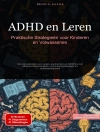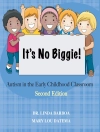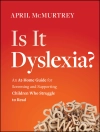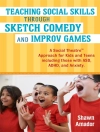Inklusion im Studium der Evangelischen Theologie zu thematisieren heißt, im Anschluss an die Behindertenrechtskonvention der Vereinten Nationen (2006/2008) Bedingungen, Inhalte und Ziele des Studiums Evangelischer Theologie im Horizont dieses Programmbegriffs zu reflektieren. Der Fokus liegt auf dem Bereich der sogenannten Sinnesbehinderungen. Sehbehinderte und blinde sowie hörbehinderte und gehörlose Studierende der Ev. Theologie sind die Kooperationspartnerinnen und -partner im empirischen Forschungsprojekt, auf das sich diese Buchpublikation als Startveröffentlichung bezieht.
Sie dokumentiert zunächst Beiträge von Fachvertretern der Praktischen Theologie/Religionspädagogik und der sogenannten Behindertenpädagogik sowie von Berufsverbänden. Dabei wird der Begriff Inklusion als programmatischer Ausdruck beibehalten, es findet aber auch eine kritische Auseinandersetzung mit ihm statt.
Die deutschsprachige Diskussion wird mit Beiträgen aus Schweden, der Schweiz und Südafrika angereichert.
Inclusion in the Study of Theology
Basics and Perspectives with a Focus on Sensory Disabilities
Adressing the issue of inclusion in the study of Protestant theology means to reflect, in view of the Convention on the Rights of Persons with Disabilities of the United Nations (2006/2008), on conditions, contents and objectives of the study of Protestant theology within the horizon of this programmatic concept. The focus of this publication is on the so called sensory disabilities. Students of Protestant theology are the cooperation partners in an empirical research project whose start is indicated by this collection of specialist articles.











